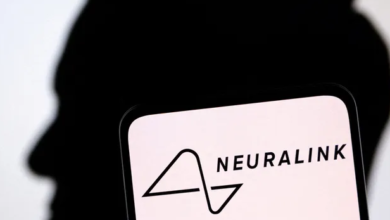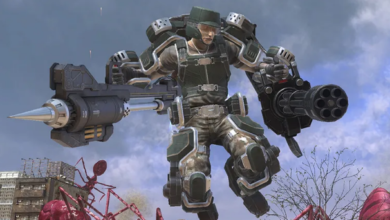“Navigating Diversity: LGBTQ+ Representation and Challenges in the Gaming World”

Recent research from GLAAD sheds light on the diversity within the American gaming community, revealing that close to 1 in 5 gamers identify as LGBTQ+. However, this vibrant segment faces persistent challenges, particularly in online multiplayer environments with open voice chats. Harassment is a prevalent issue, with 52% of LGBTQ+ gamers reporting instances of mistreatment during online play. This article delves into the struggles faced by LGBTQ+ gamers, their significance in the gaming landscape, and the industry’s need for enhanced representation.
LGBTQ+ Harassment: A Discordant Note in Gaming:
The study uncovers a disconcerting truth — 52% of LGBTQ+ gamers have encountered harassment while engaging in online gameplay. The prevalence of open voice chats, common in multiplayer games, exposes LGBTQ+ players to potential criticism and discrimination. Veronica Ripley, known as Nikatine, a full-time Twitch streamer, shares her experience, emphasizing the vulnerability of transgender individuals on voice chats. Despite ongoing challenges, Ripley underscores the importance of showcasing the multifaceted nature of trans individuals beyond their identity.
The Resonance of Video Games in LGBTQ+ Lives:
For LGBTQ+ individuals, video games serve as more than just a pastime; they contribute significantly to their understanding of gender and identity. Ripley recalls her childhood affinity for games that offered diverse protagonists, deviating from the stereotypical male lead. The Sims, in particular, remains a powerful platform allowing users to explore different gender identities. Ray Lancione, president of Qweerty Gamers, acknowledges the role of video games in fostering connections within the LGBTQ+ community, providing a space for like-minded individuals.
Demographic Diversity in Gaming: Dispelling Stereotypes:
Contrary to outdated stereotypes, the gaming community in the United States is diverse. Recent data from The Entertainment Software Association reveals a balanced gender representation, with 48% of American gamers being female and 52% male. Ethnic diversity is also evident, with 29% of gamers identifying as people of color. The research challenges long-held notions that gaming is primarily dominated by heterosexual white males.
Growing LGBTQ+ Presence in Gaming: A Significant Shift:
Historically lacking robust data on LGBTQ+ representation in gaming, recent research by GLAAD, in collaboration with Nielsen, provides valuable insights. Approximately 17% of individuals playing an hour or more per week and 19% of those gaming 10+ hours per week identify as LGBTQ+. This 70% growth within three years underscores the expanding LGBTQ+ gaming community, demanding increased attention from game developers and the industry at large.
Representation Deficit in Games: A Critical Issue:
Despite the growing LGBTQ gaming community, the representation of LGBTQ+ characters and storylines within games remains staggeringly low. GLAAD’s research indicates that less than 2% of all games feature LGBTQ+ content. This figure, derived from examining games tagged with LGBTQ+ content on major platforms, highlights a significant gap between the audience’s composition and the industry’s offerings. The report stresses the importance of addressing this deficit and pushing for authentic representation.
Challenges Faced by Game Studios: Balancing Artistic Freedom and Commercial Viability:
Independent game studios have been more successful in incorporating LGBTQ+ characters and narratives, benefiting from creative freedom. However, mainstream studios often grapple with concerns over potential backlash, negative reviews, and controversies. Michel Koch, co-creator and art director of Dontnod Entertainment, reveals the challenges faced in securing funding for projects that deviate from the traditional narrative. The risk of game bans in certain international markets further complicates the decision-making process for major studios.
Moving Towards Inclusivity: Recommendations for the Gaming Industry:
GLAAD’s report not only highlights the existing challenges but also provides actionable recommendations for the gaming industry. Suggestions include achieving proportionate LGBTQ representation in games, fostering more inclusive gaming communities, seeking guidance from LGBTQ media experts like GLAAD, and actively involving LGBTQ+ individuals in leadership roles within the gaming industry.
Conclusion:
The gaming landscape is evolving, with LGBTQ gamers constituting a substantial and growing segment. While challenges persist, including harassment and a lack of representation, the industry has an opportunity to create meaningful change. By embracing diversity, fostering inclusivity, and prioritizing authentic LGBTQ representation, game developers can ensure that the gaming world becomes a welcoming space for everyone, regardless of their gender identity or sexual orientation.




